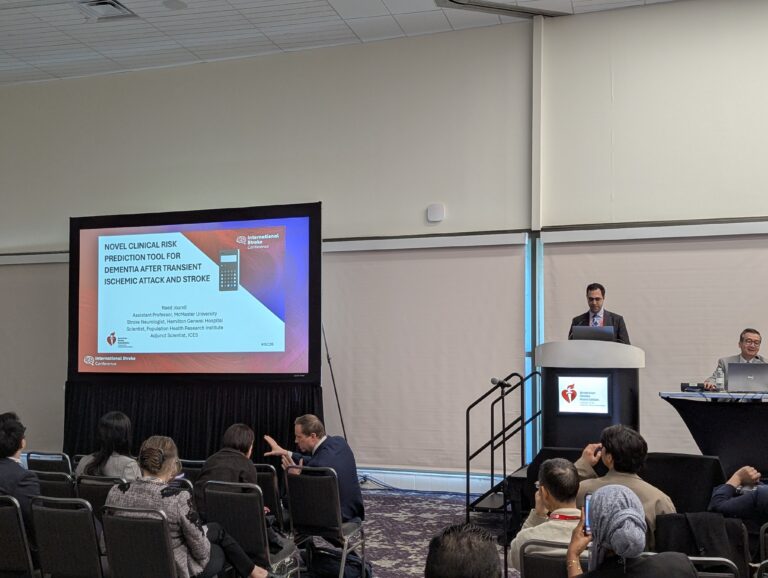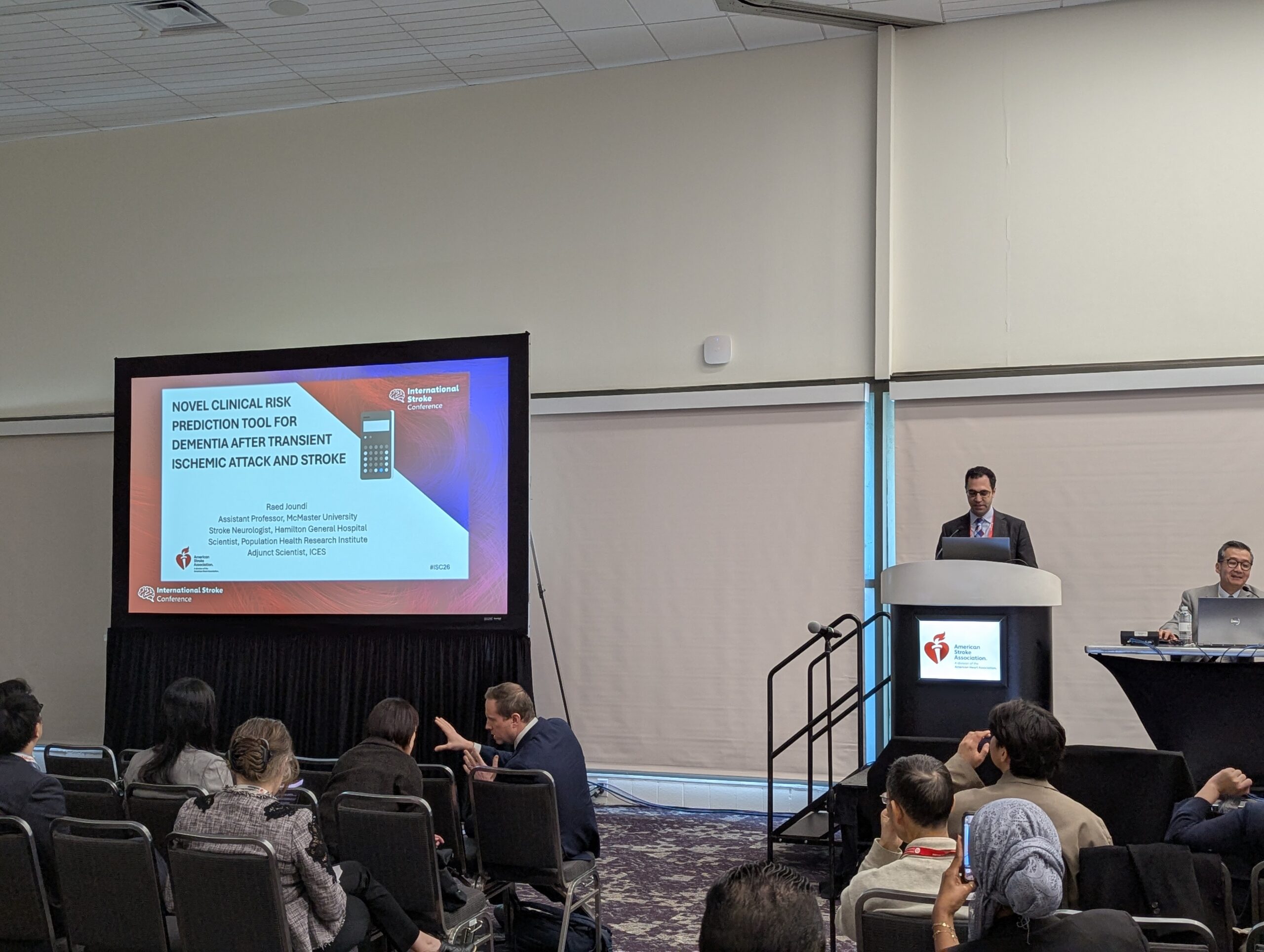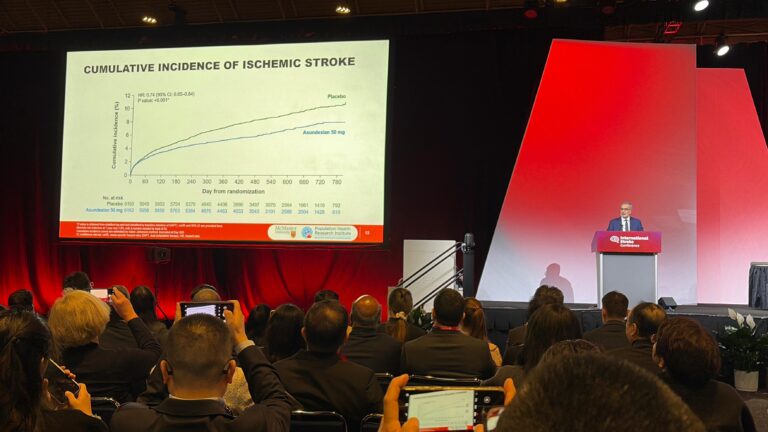The Genetic Molecular and Epidemiology Laboratory (GMEL), was well into its ongoing research on the Angiotensin converting enzyme 2 (ACE2) when the COVID-19 pandemic arrived, and with it a critical finding about ACE2.
In other research labs around the world, ACE2 was identified as a key receptor for SARS-CoV-2 infections; that is, it is the main doorway through which the coronavirus enters cells to cause infections. (AC2 is a protein found on the surface of cells, mostly in the blood vessels).
Published in The Lancet (first author Sukrit Narula), Guillaume (Gui) Paré, Director, GMEL, and his team found that higher levels of plasma ACE2 are associated with greater risk of death, cardiovascular and non-cardiovascular deaths, strokes, heart attacks, diabetes and heart failure. The GMEL lab used data from the PURE ongoing global study, with blood samples from 55,246 participants in 14 countries shipped to PHRI. It has been described as the first large-scale epidemiological analysis of its kind.
Their ACE2 research has given them a head start on understanding COVID-19. Already funded (pre-pandemic) by several sources, including Heart and Stroke Canada, Paré’s work now includes this important new focus on AC2 and interactions with SARS-CoV-2, and received a further boost with federal funding in the CIHR Spring 2020 competition.
In patients with COVID-19, the ACE2 receptors might play a role in leading to cardiovascular complications such as thrombosis, cardiac injury, and heart failure.
“What we have found is quite remarkable,” Gui Paré shared with Heart and Stroke Canada. “There is a direct parallel with factors that would increase the activity of AC2 – such as obesity and diabetes — and the factors that would lead to worse outcomes with COVID-19.”
Other research is underway at PHRI to understand coagulation‘s role in coronavirus; a PURE COVID-19 sub-study to document factors that predispose people to the infection in different populations across high, middle and low-income countries; and other COVID-19 research.





